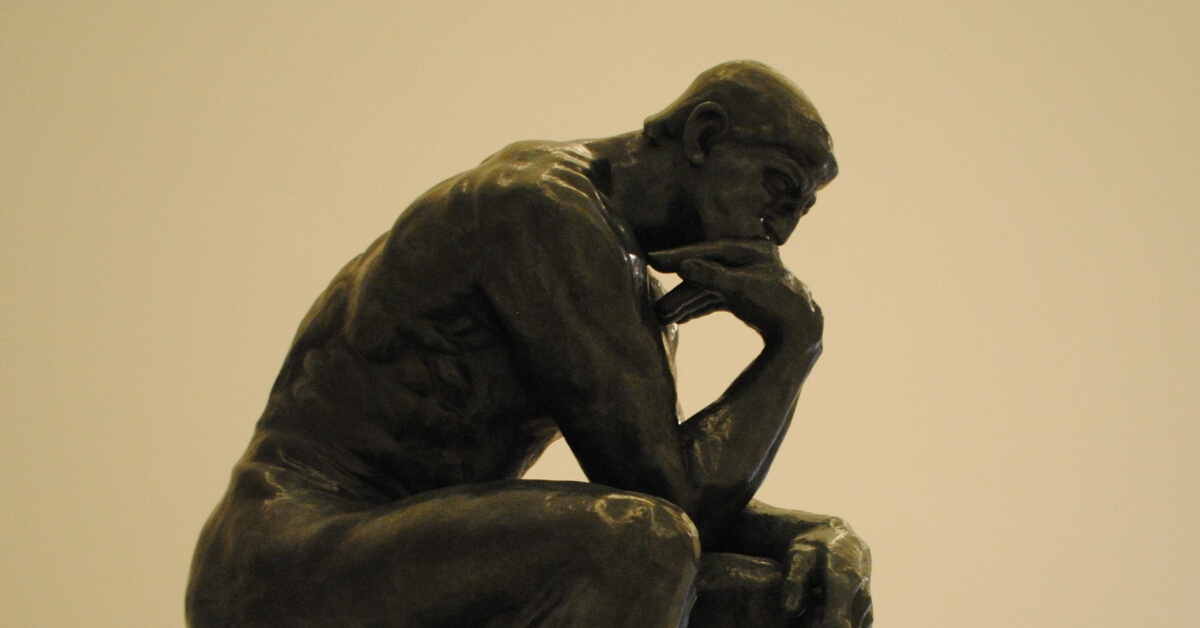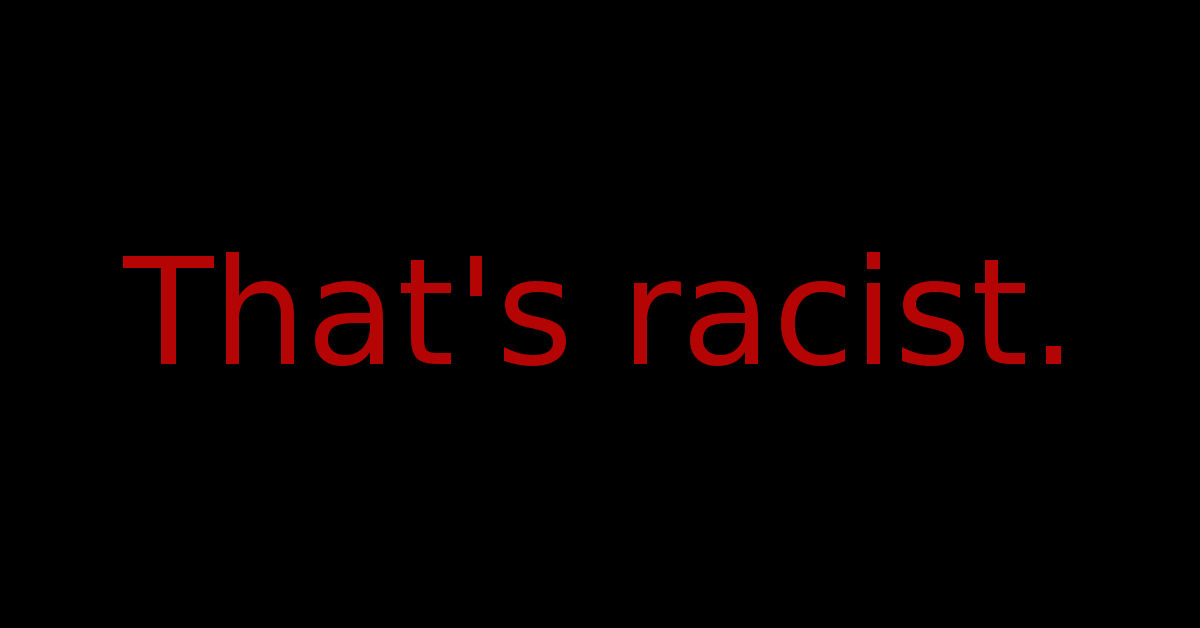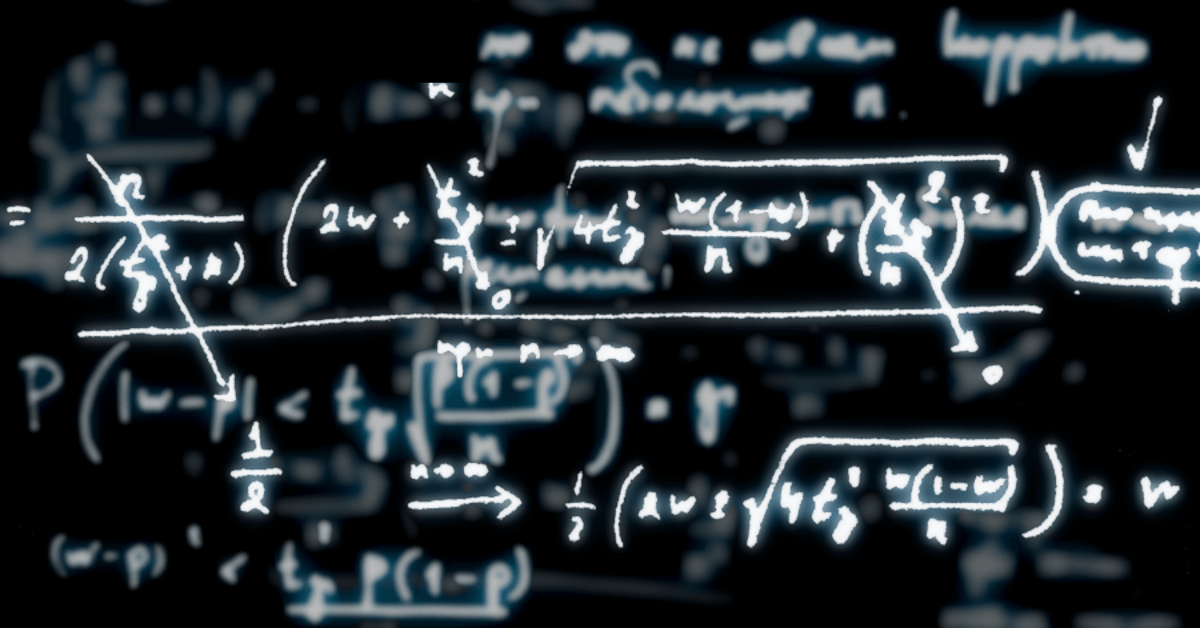In honor of Monday night’s presidential debate, about which I shared a few thoughts here, I wanted to consider a common argument for voting for Donald Trump. (It actually works equally well as a case for voting for Hillary Clinton if you’re a liberal, but being on the conservative side of things I personally hear it being used to argue for voting for Trump.) It is the idea of the “binary choice”: If you are not voting for X, that effectively means you are voting for Y. If you are a conservative, not voting for Trump is the same as voting for Hillary. If you are a liberal, not voting for Hillary is the same as voting for Trump.
Since I am politically conservative and agree that Trump would probably be a “less bad” president than Clinton, the binary-choice argument is somewhat compelling. However, ultimately it has a fatal flaw.










